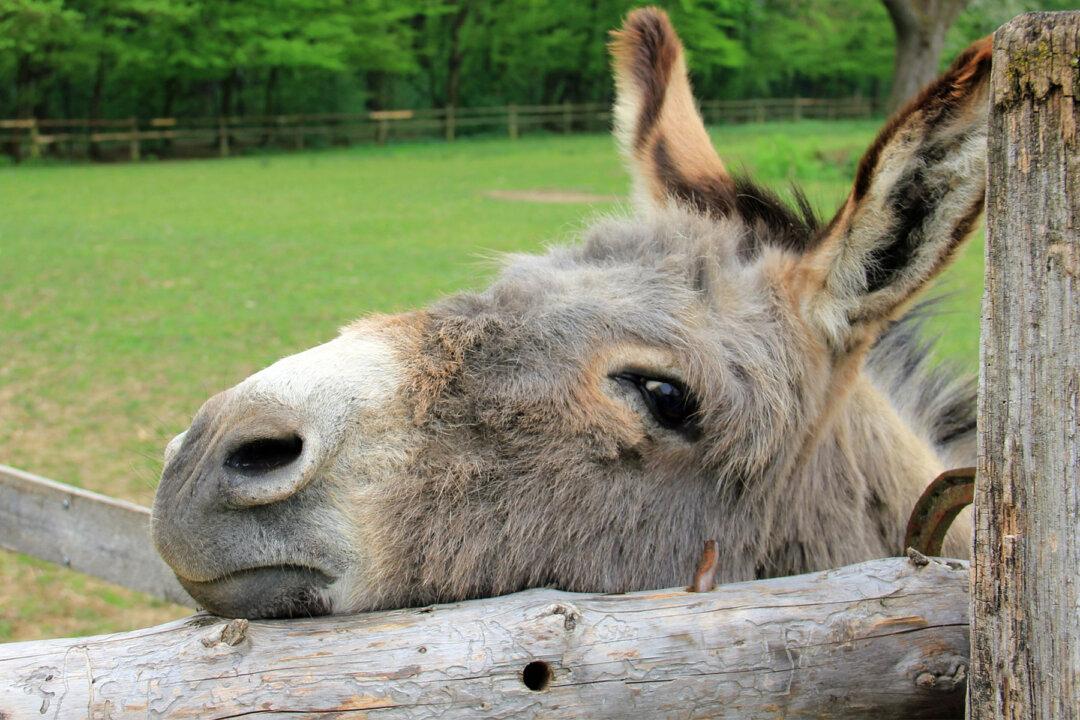Has your phone been ringing in short bursts in the middle of the night lately, and you don’t seem to recognize the number? On no account answer it, as it is highly likely a scam call. If you do answer, unbeknown to you, you will be slugged with a high-toll charge, and receive an inflated phone bill.
Recently, The Federal Communications Commission (FCC) is warning people about calls, originating from Sierra Leone, called, “one ring” or “Wangiri”—which comes from Japan where the scam originated years ago and means one-ring-and-cut. (One ring and done.)




